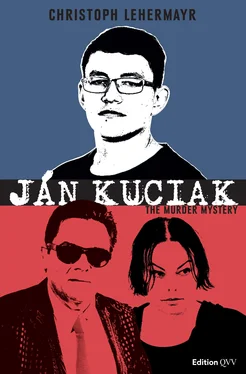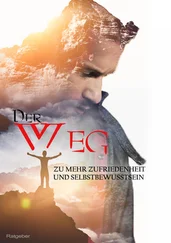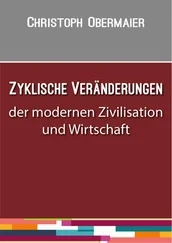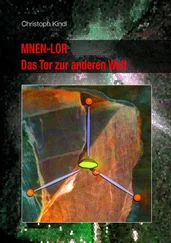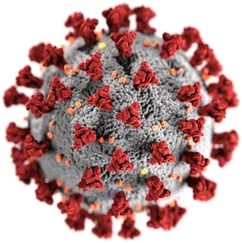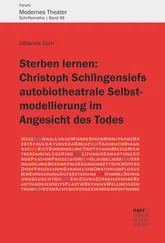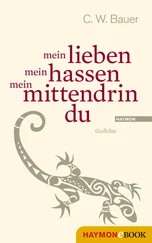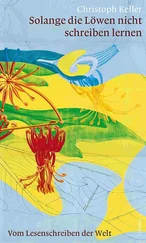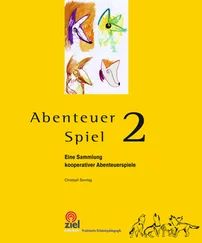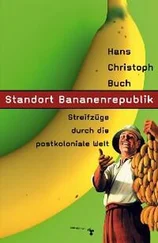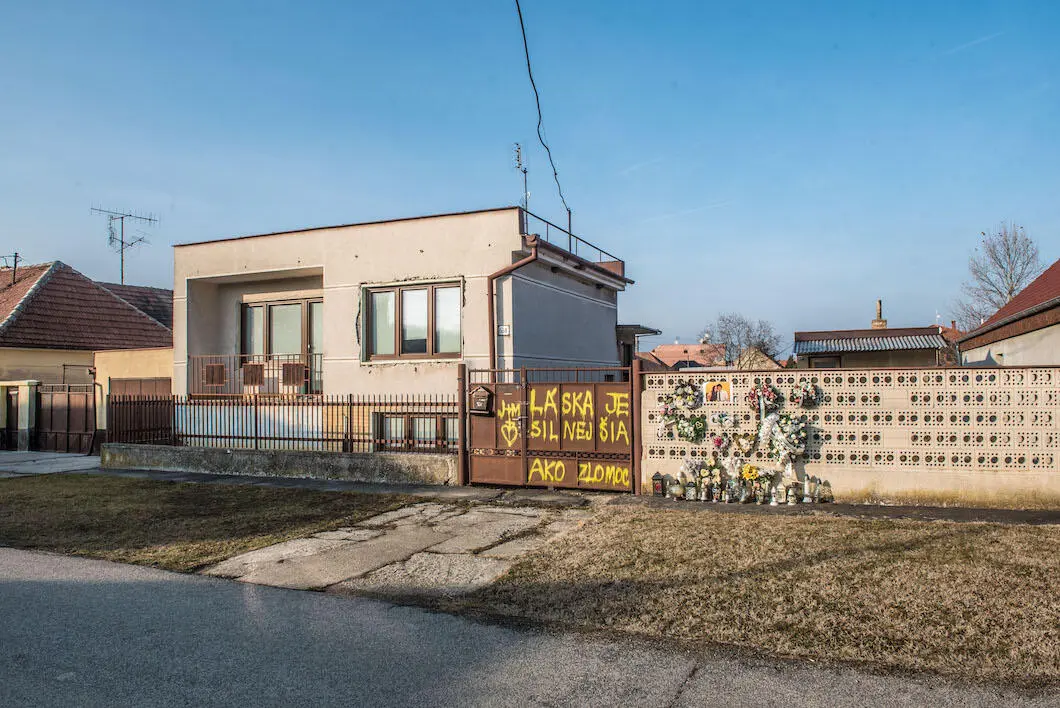
The crime scene, the house in the village of Vel’ká Mača
Photo: Ricardo Herrgott
At the intersection there’s a small playground with a slide and a climbing frame on the left, and on the right a co-op store that supplies the people in the village with groceries. Opposite, there are two cameras mounted on an electricity pylon. At 7:03pm they film a small pickup truck turning the corner. They will be the last recordings showing Ján Kuciak and Martina Kušnírová alive. The pair park the car in front of their house and open the gate to their yard. The icy wind bites their faces and the frozen ground crunches beneath their feet. They hurry past the shed to the door. At this moment their fate is sealed. The man with the shaved head and the pistol in his pocket is lurking in the shed. In the house, the couple take off their jackets and get changed. Kušnírová sips the tea she left standing when she drove to pick up her fiancée. Then she makes coffee and pours a cup for Ján and herself. It’s their familiar evening ritual. The killer follows everything through the window of the garden shed which gives him a direct view inside the house. Kušnírová chats with Kuciak’s sister. They discuss the upcoming wedding, the dress she’ll wear, and the church marriage preparation seminar that they’re due to drive to on Friday and where they’ll stay until Sunday. In the meantime, Kuciak carries the car battery into the cellar and connects it to a cable for recharging. At 7:51pm Martina Kušnírová sends her last message in Messenger. Half an hour later her mother tries to call her. The mobile rings. Nobody answers.
Meanwhile, three shots are fired in the house at 558 Brezová Street. Two people fall to the floor. Their bodies won’t be found by the police until four days later. When on the fifth day Slovakia, and soon after the whole world, finds out about the double murder, nothing will be as it was. It was only in October 2017 that the anticorruption journalist Daphne Caruana Galizia was murdered in Malta by a car bomb. And now – a journalist and his fiancée executed in cold blood in their own house, in a country in the centre of the EU, 47 kilometres as the crow flies from the Austrian border.
A contract killer confesses
Almost two years later, police officers from a special unit wearing balaclavas and with machine guns at the ready present a man in handcuffs. He’s wearing grey-spotted camouflage pants and a black sweater and has a stubbled shaven head. His face is devoid of expression. When he speaks it sounds mechanical, clipped, the sentences short and terse like they were being spat out, without a trace of emotion, as if what’s being said has nothing to do with him. It’s Miroslav Marček, the killer. He’s confessing. As he describes his crime, the spectators in the court gasp: “When I arrived at the house, the gate in the fence was open. But there were no lights on in the house and the door was locked. I hid in the garden shed in the yard. It took quite a long time. Then Mr. Kuciak and Miss Kušnírová arrived back together. I waited a while longer for a good opportunity to arise. The chance came when I saw Miss Kušnírová go to the toilet. I went to the door and knocked. When Mr. Kuciak opened the door I shot him in the chest. He fell and held on to the door with one hand. Then unfortunately she suddenly came. She ran into the kitchen and I ran after her. There I shot her in the head. I saw that she was dead immediately. As I was going out, I shot a second time at Ján Kuciak, who was lying on the stairs. I closed the door of the house behind me and the garden gate as well. Then I called Mr. Szabó and let it ring once. That was our agreed sign. He picked me up at the football field. I got in the car and we drove off. Later on we threw the weapon and the leftover ammunition into the Váh River.”
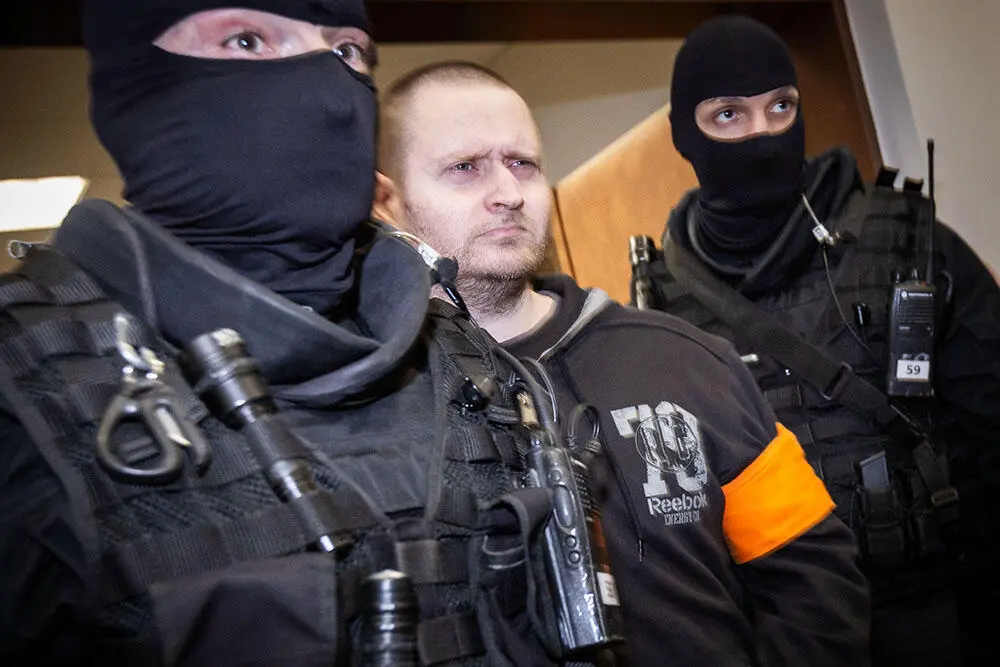
The alleged assassin Miroslav Marček in court
Photo: Tomáš Benedikovič
Miroslav Marček was to receive a fee of €20,000 for the murder – in €500 notes, packed in paper serviettes. His partner and cousin Tomáš Szabó received the same amount. Neither of them knew Ján Kuciak personally, nor did they know who ordered his death. All they’d been told was that he worked as a journalist. “He must have written about something he shouldn’t have written about,” said Marček in court, “but after the crime there was no point in trying to find out about what or who.”
“Janko fought for all of us”
Ten days have passed since the double murder. At the end of a narrowing valley, a few houses and then a village appear: Štiavnik, Ján Kuciak’s hometown, first mentioned in 1439 in a document by Albert II of Habsburg. Low houses crowd along the only broader road. Dense beech forest begins behind them. Bratislava is 200 kilometres and half a world away. In the church, people sit crowded tightly together in the pews, while many more stand stunned outside. An hour before the funeral mass begins, old women from the village murmur rosaries. It’s a weeping, plaintive memento, interrupted by loud sobbing coming from the chapel of rest. There, his parents, his sister and his brother watch over Ján Kuciak’s body in the open coffin. He lies in the suit he would have worn at his wedding. Just like his fiancée in her white wedding dress at her funeral three days before. TV teams from all over the world take their positions in front of the grave decorated with green satin and white roses. They film the deep burial trench. As the bells strike dully and insistently, the coffin sinks into the darkness. Marek Vagovič, Kuciak’s boss, speaks later. Like several of his investigative colleagues, he’s been under around-the-clock police protection since the murder became known, and he says, “Ján was so young, so full of ideals, with his whole life ahead of him. He believed that he would one day live in a country which is not led by corrupt politicians and mafiosi with white collars. Ján fought against it every day, occupying the police, the prosecutors and the courts. Thanks to his exceptional talent he quickly made himself a large circle of enemies. Nevertheless, he didn’t let himself be intimidated, because he didn’t do it for himself, not for fame nor money. Janko fought tirelessly for all of us, so that we could live better and sleep more soundly. We must not give up now. We must keep working the way Ján would have wanted us to, to seek the truth and to overcome fear. His courage should be our inspiration and our obligation.”
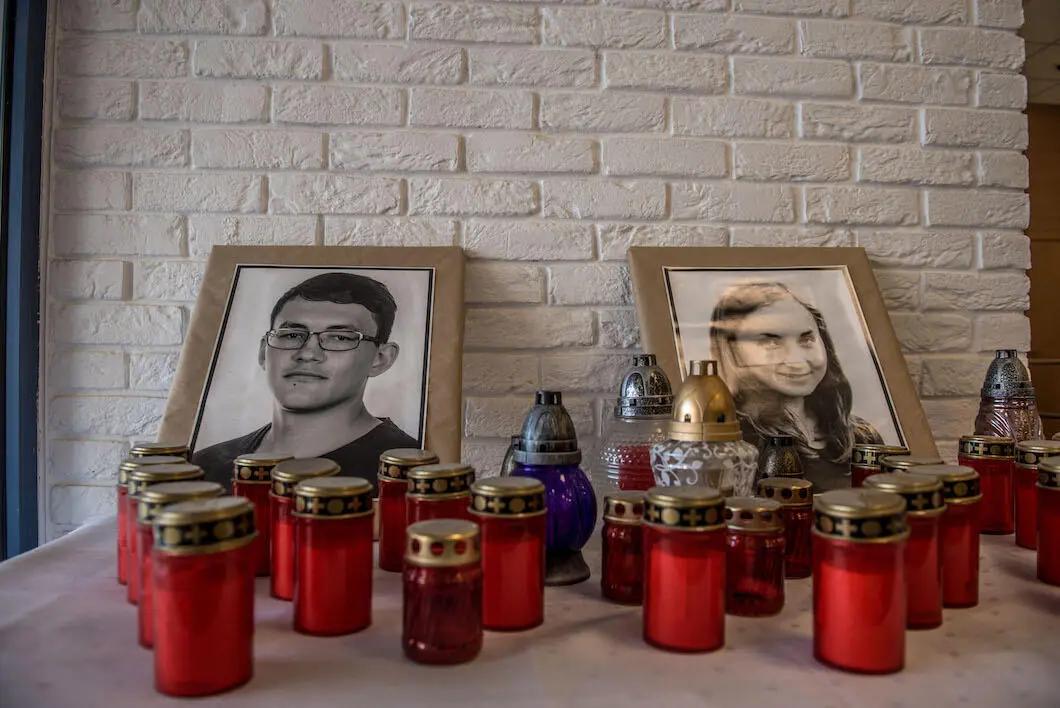
Commemorating the murdered journalist and his fiancée
Photo: Ricardo Herrgott
Who wanted Ján Kuciak to die? And why? Who crossed that final threshold of rational human behaviour and believed that the only way to stop a journalist was to pay men to kill him? How could the instigator or instigators believe that they could get away with an execution like this in the heart of Europe? Were they, the individuals behind the murder, relaxed, relieved and reassured after the killer had done his work? What was Ján Kuciak hiding that cost him his life? And why were the perpetrators willing to accept the killing of his fiancée with him, as if she were just collateral damage of their crime?
Читать дальше
